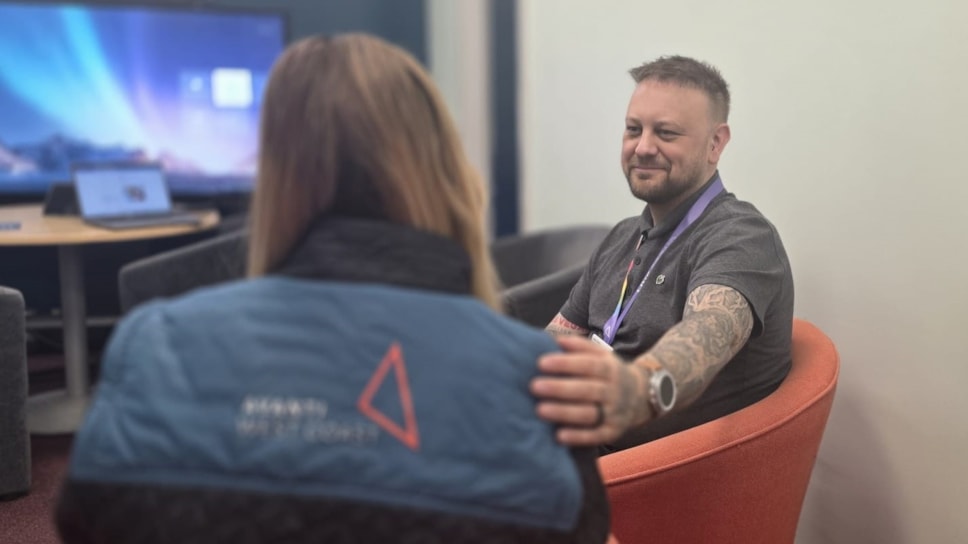
“World Mental Health Day is about visibility, connection and compassion.”
Jamie Taylor talks about breaking stigmas on World Mental Health Day, and how a network of colleagues at Avanti are there for support.
10 October 2025
To mark World Mental Health Day, Jamie Taylor, Station Resources Planner at Avanti West Coast, speaks openly about his journey with his own mental health and how this led to him becoming a Mental Health First Aider alongside his day-to-day role.
It’s sometimes not recognised but mental health is just as important as physical health. I've lived with depression and anxiety for years, often silently, and have more recently been diagnosed with attention deficit hyperactivity disorder (ADHD), which helped me understand myself better, but also showed me how often neurodivergent people are misunderstood.
For me, World Mental Health Day is about visibility, connection and compassion. On a personal level, it’s a day that makes me pause and reflect on how far I’ve come with my own mental health, and how far we’ve come as a society in talking about it more openly.
Whatever someone is going through – whether it’s anxiety, depression, burnout or something they personally can’t give a name to yet – World Mental Health Day can be a sign that they’re not alone, that what they’re feeling is valid and that there’s no shame in speaking up or asking for help. Ultimately, I hope it reminds people that it’s okay to not to be okay. Support, understanding, and community are out there.
I’m part of a network of colleagues within Avanti called the Mental Health First Aiders. Our role isn’t to have all the answers as trained counsellors may do – it’s about being a kind, calm and trusted person that fellow colleagues feel like they can turn to. Having people like that in the workplace can make a huge difference.
“Ultimately, I hope World Mental Health Day reminds people that it’s okay to not to be okay. Support, understanding, and community are out there.”
My first-hand experience of how difficult it can be to manage mental health challenges whilst trying to keep up with everyday responsibilities is what led me to want to become a Mental Health First Aider initially. I didn’t always have that kind of support when I needed it, and I know how isolating that can be.
I pride myself in being part of a dedicated team of colleagues who are working hard to build a culture where mental health is acknowledged, supported, and talked about openly in the workplace – not hidden or overlooked. It affects every single one of us, and support doesn’t need to be complicated – becoming a Mental Health First Aider has shown me that small, everyday interactions can have a huge ripple effect.
Main image: Jamie Taylor offers support to a colleague as part of his commitment to being a Mental Health First Aider.
